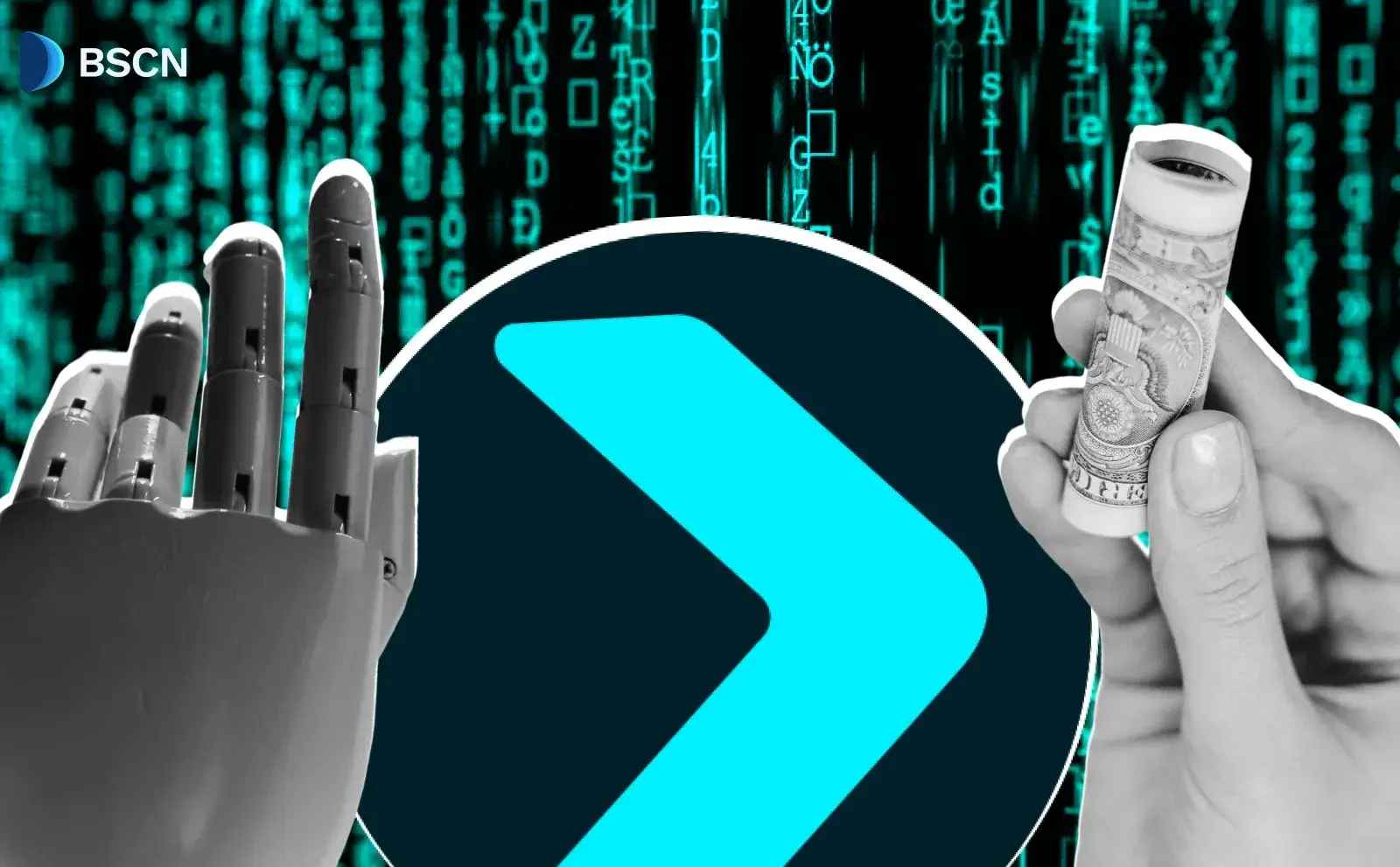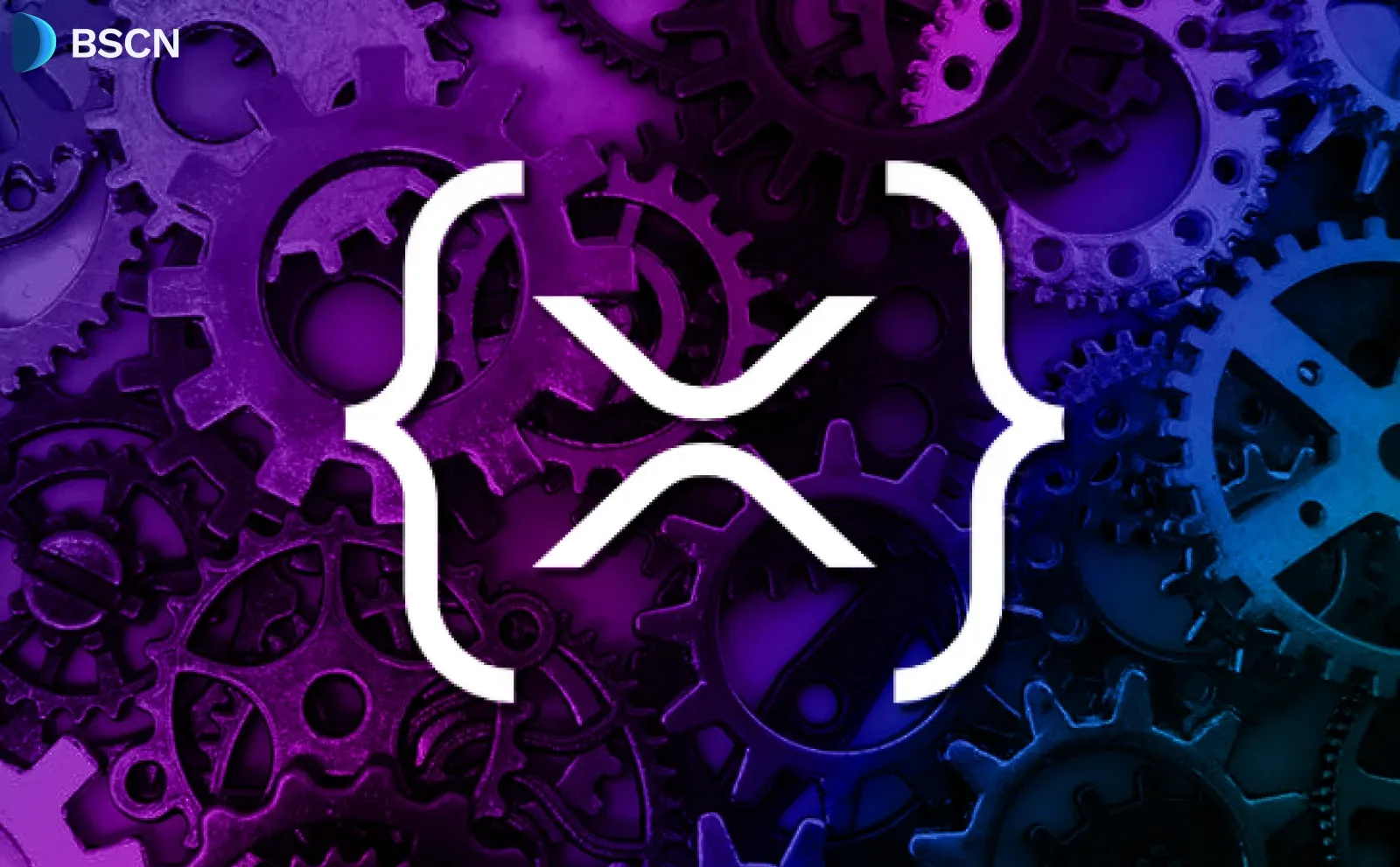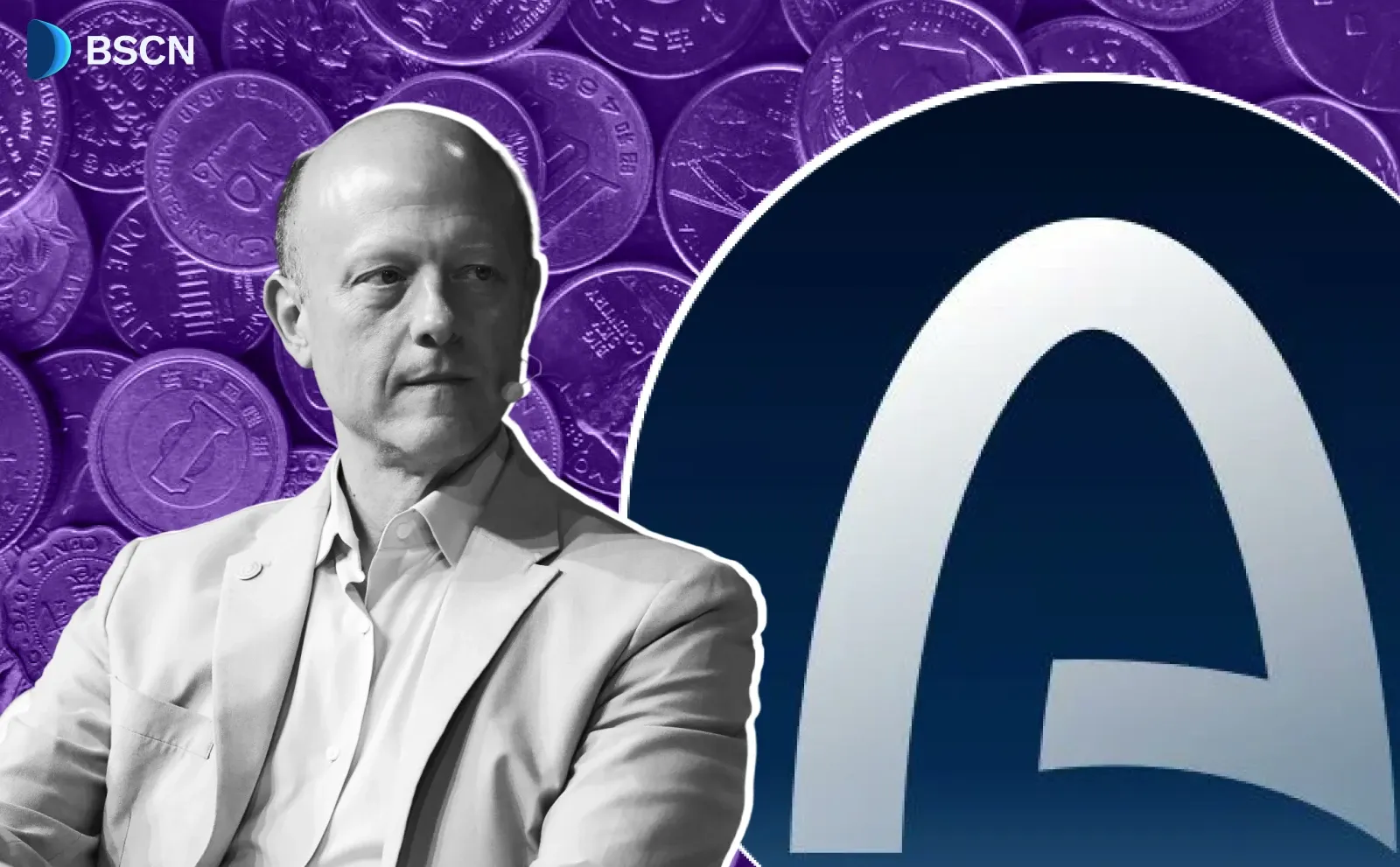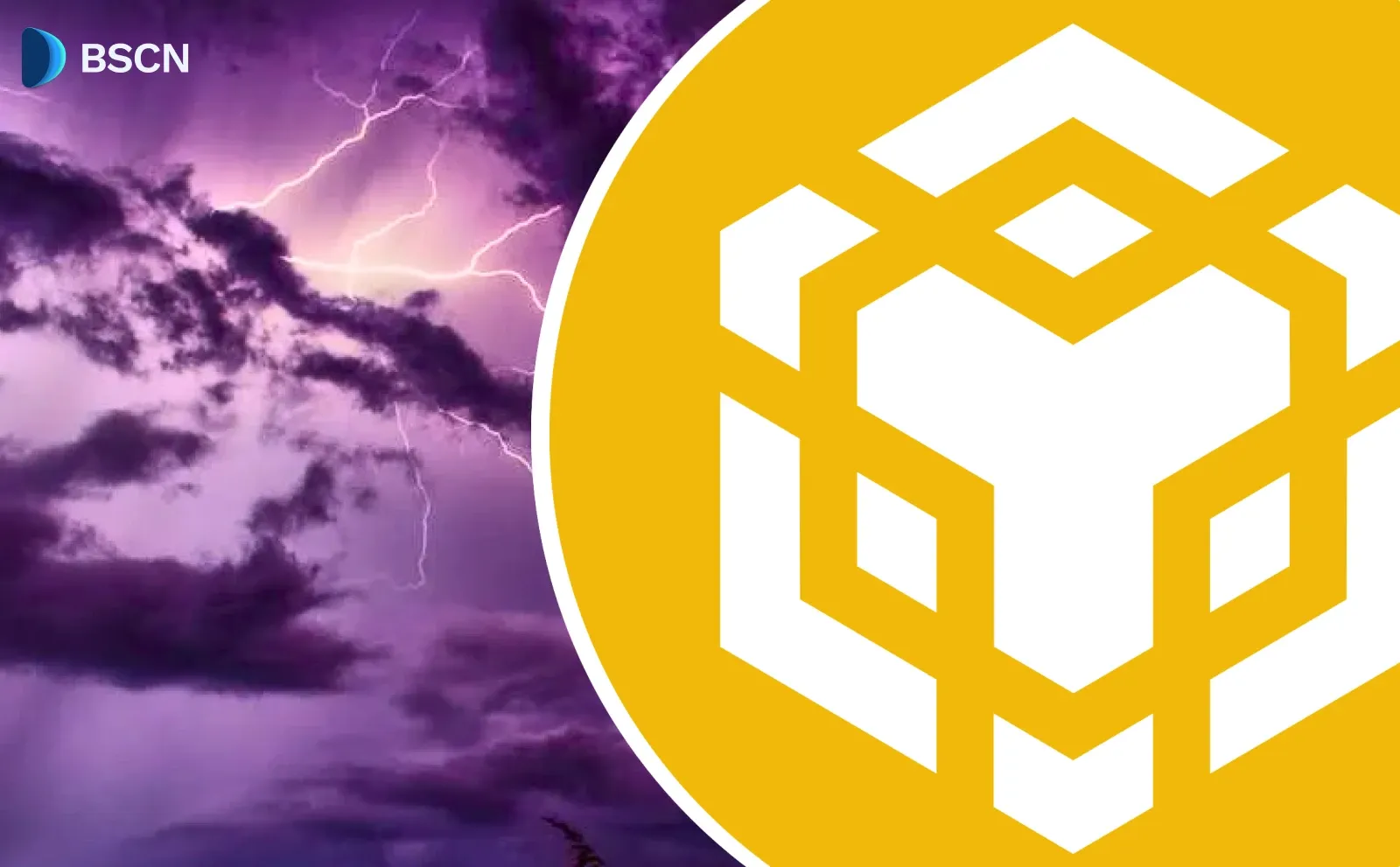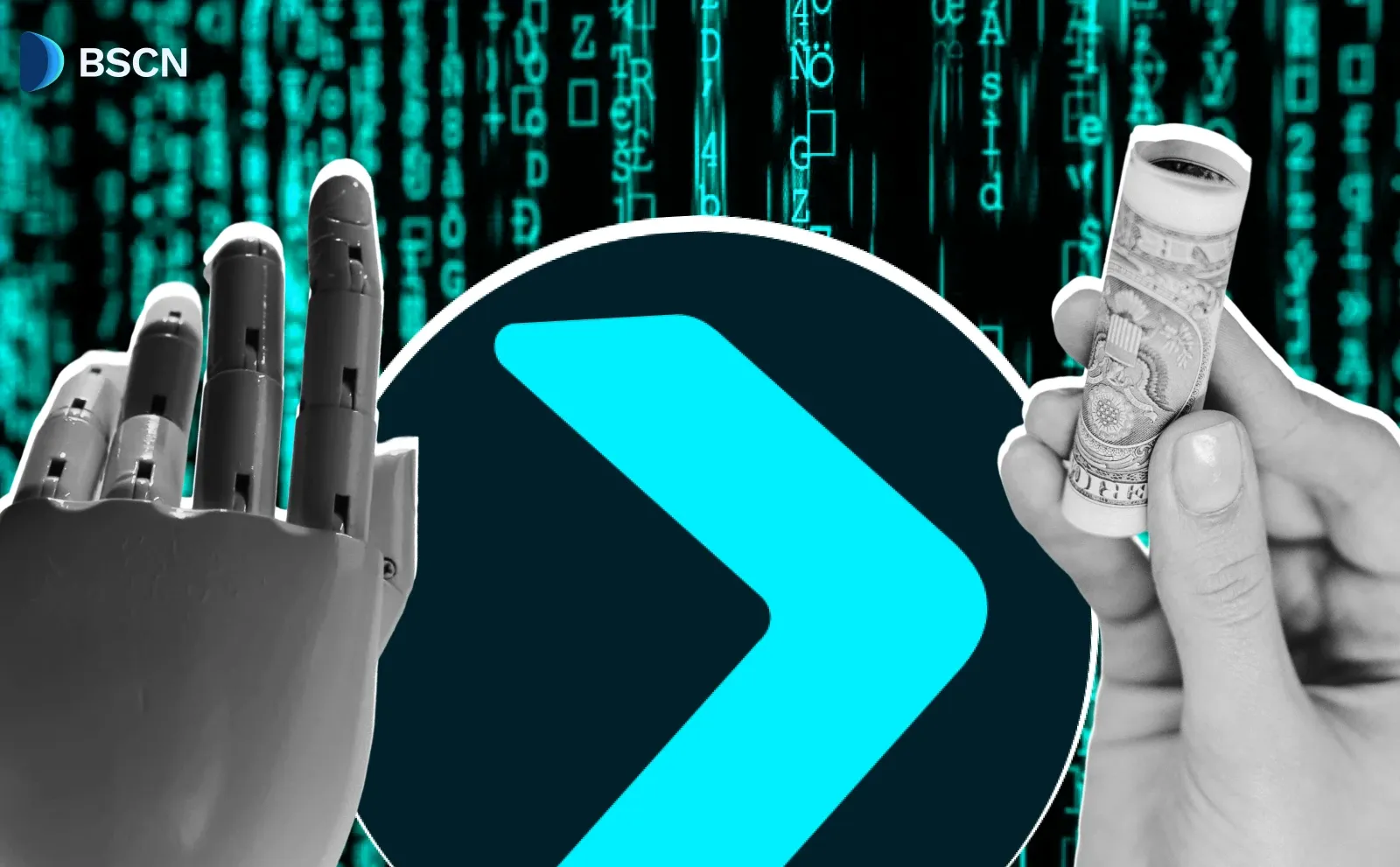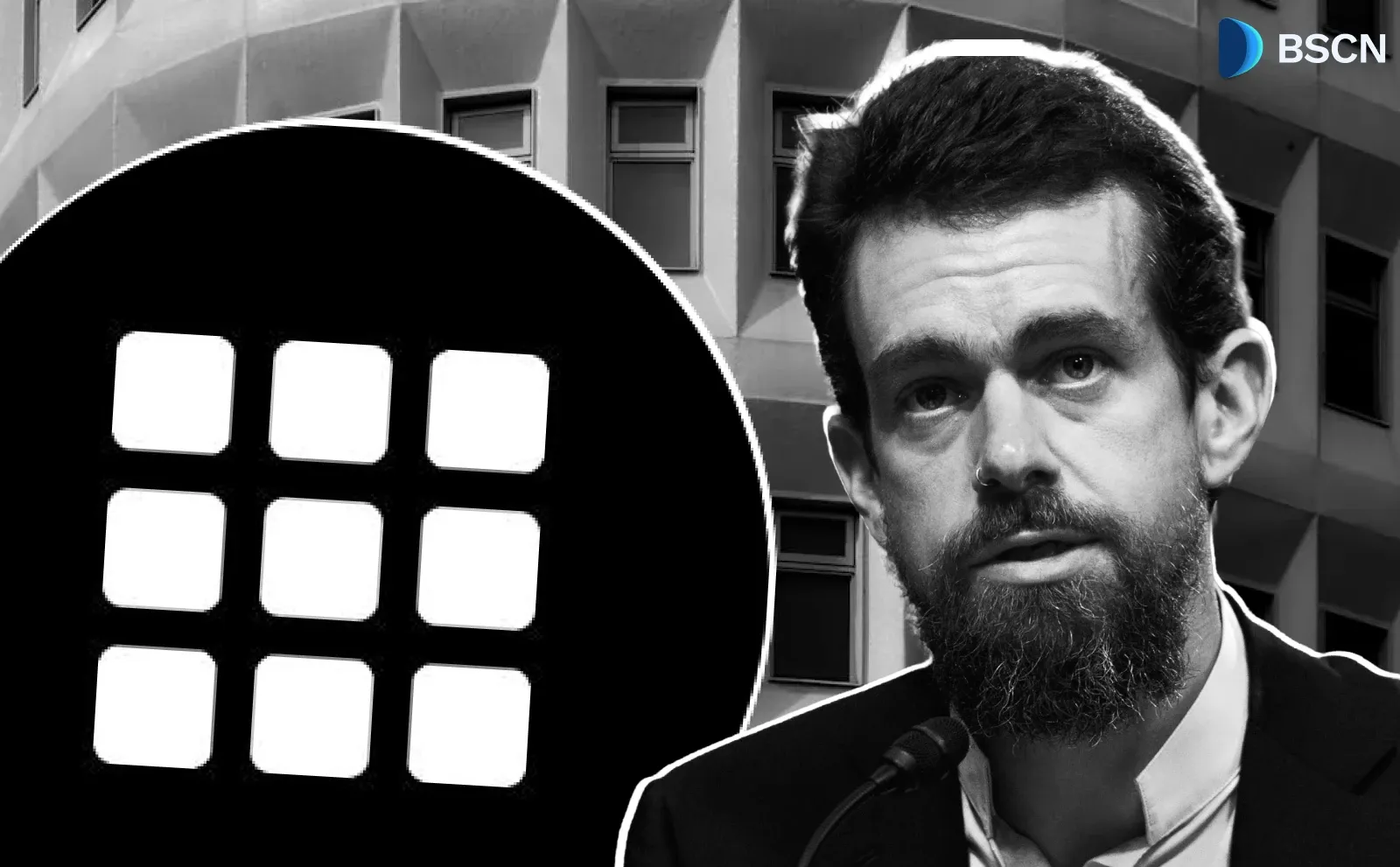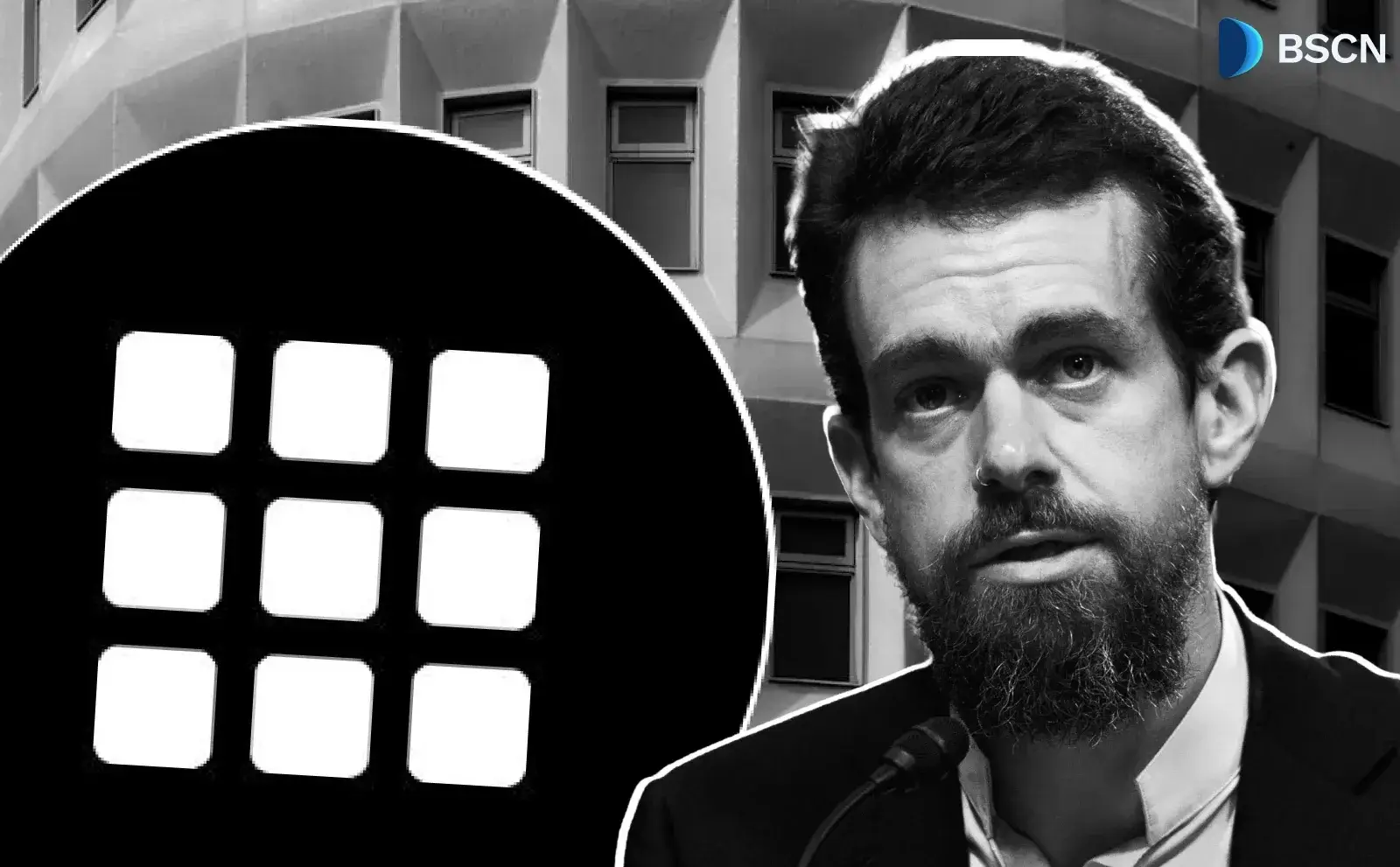Chainlink Powers Falcon Finance as USDf Becomes Natively Cross Chain
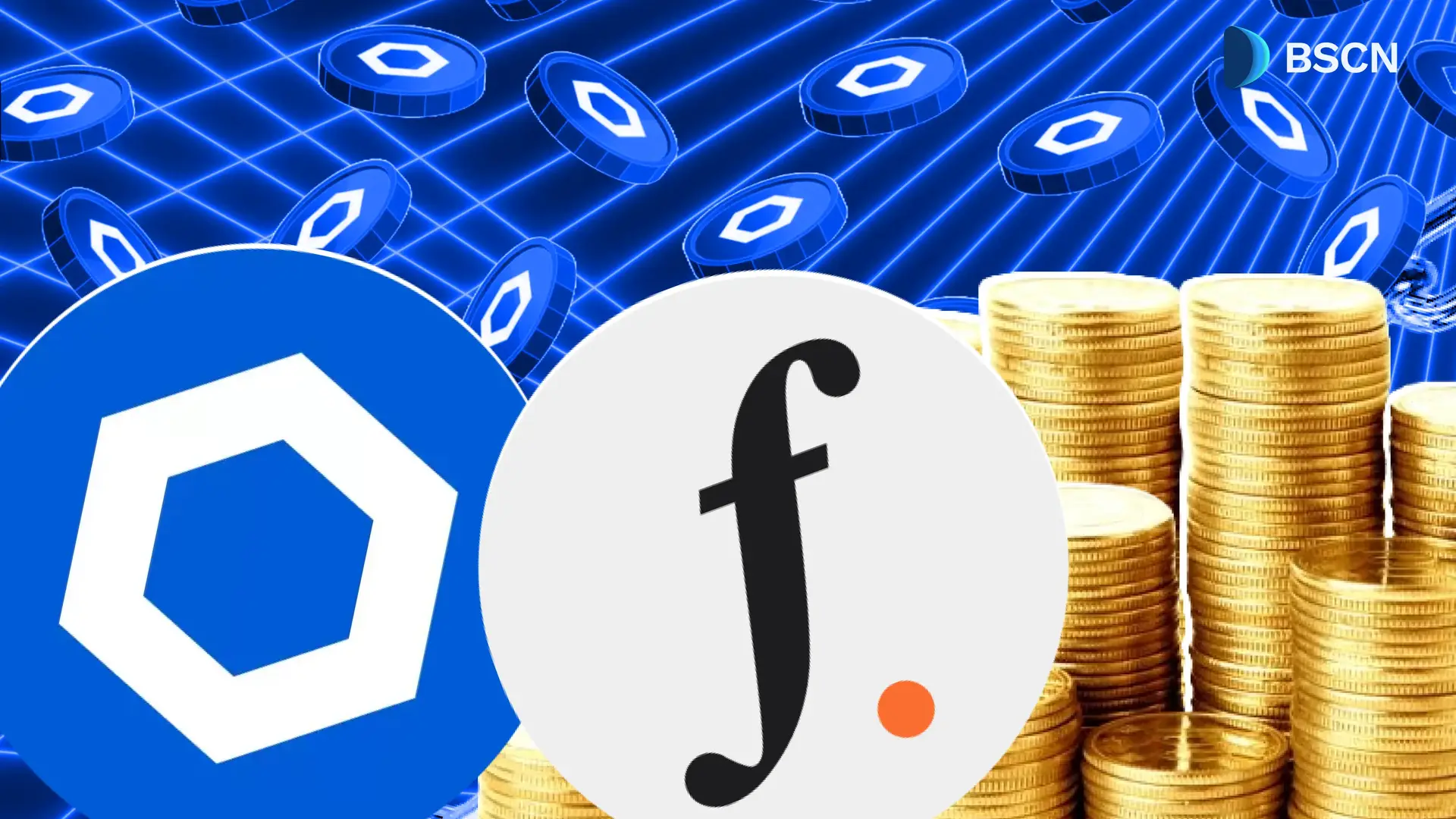
Falcon Finance, a synthetic dollar protocol with over $540 million in market cap, has integrated Chainlink’s Cross-Chain Interoperability Protocol (CCIP) and Proof of Reserve.
Soumen Datta
July 24, 2025
Table of Contents
Falcon Finance, a synthetic dollar protocol with a market cap exceeding $540 million, has adopted Chainlink’s Cross-Chain Interoperability Protocol (CCIP) and Proof of Reserve mechanism to upgrade the utility and credibility of its stablecoin, USDf. This integration makes USDf natively transferable across Ethereum and BNB Chain, bringing the project in line with the growing standard for secure, interoperable finance in the blockchain space.
Falcon Finance, a synthetic dollar protocol, has adopted Chainlink CCIP & Proof of Reserve across @BNBCHAIN and @ethereum.
— Chainlink (@chainlink) July 24, 2025
Via the cross-chain (CCT) standard, @FalconStable's $540M+ market cap stablecoin USDf is now natively transferable cross-chain.https://t.co/1QjAZ0N6b7… pic.twitter.com/r0HKww5Ipp
This development solidifies Falcon Finance’s move beyond basic stablecoin functionality and establishes USDf as a fully verifiable, programmable, and cross-chain transferable digital dollar.
Why Falcon Finance Chose Chainlink CCIP
This integration relies on Chainlink's Cross-Chain Interoperability Protocol, widely recognized as one of the most secure and industry-validated interoperability protocols. Chainlink CCIP has become the preferred standard for enabling secure communication between smart contracts across different blockchains.
Falcon Finance specifically chose Chainlink’s Cross-Chain Token (CCT) standard for several reasons. CCTs allow developers to deploy tokens across blockchains independently, without giving up control or ownership. This standard also supports advanced token programmability and ensures that transfers happen with zero slippage. This level of flexibility and security gives developers the tools to build applications without worrying about cross-chain vulnerabilities.
Moreover, Chainlink’s CCIP stands out by achieving Level-5 cross-chain security. This designation reflects its defense-in-depth approach at both the protocol and execution levels. It's built on Chainlink’s Decentralized Oracle Network (DON), which already secures over $75 billion in total value locked (TVL) across DeFi and has facilitated more than $22 trillion in onchain value since 2022.
Bringing Real-Time Transparency
Falcon Finance has also adopted Chainlink’s Proof of Reserve (PoR) to verify that USDf remains fully overcollateralized at all times. This system enables automatic, real-time verification of USDf’s collateral status using decentralized oracles. The aim is to eliminate fractional reserve practices and reduce the risks of offchain fraud—two of the most persistent problems in stablecoin systems today.
Proof of Reserve updates data continuously and makes it accessible on-chain, allowing smart contracts to halt transactions automatically if reserves fall below required thresholds. This automation removes the need for blind trust in third parties or opaque balance sheets.
“We’re pleased to see Falcon Finance using the Chainlink interoperability and verifiable data standards to power its stablecoin protocol,” said, Jordan Calinoff, Head of Stablecoins and Real-World Assets at Chainlink Labs. “Connecting Falcon Finance to Chainlink’s wider ecosystem will help accelerate the adoption of USDf across the onchain economy.”
The stablecoin sector is undergoing rapid transformation. Users, institutions, and regulators are no longer satisfied with opaque systems that rely on delayed audits or unverifiable claims. Cross-chain compatibility, real-time transparency, and composable infrastructure are becoming the new baseline.
By integrating Chainlink’s CCIP and Proof of Reserve, Falcon Finance intends to address these demands head-on.
The Bigger Picture
Just days before Falcon’s announcement, Chainlink played a key role in Project Acacia, a collaboration with Westpac, Imperium Markets, and the Reserve Bank of Australia.
The project demonstrated real-time settlement using tokenized assets and Australia's domestic PayTo system. Powered by Chainlink's Cross-Chain Interoperability Protocol, it enabled Delivery versus Payment (DvP) on a hybrid system that merged traditional banking rails with blockchain speed.
Project Acacia showed that Chainlink’s tech is being adopted by banks and financial institutions aiming to digitize and modernize core operations without compromising regulatory compliance.
Earlier this year, Chainlink also orchestrated a DvP settlement involving J.P. Morgan’s Kinexys and Ondo Finance. This marked the bank’s first fully onchain DvP transaction using tokenized U.S. Treasuries and demonstrated how public and permissioned chains can work in unison—relying on Chainlink CCIP to securely bridge the two environments.
Chainlink’s progress isn’t limited to institutional partnerships. In a separate initiative, amonth ago, it joined forces with Mastercard to streamline onchain crypto purchases using traditional debit and credit cards. This integration connects Mastercard’s payment rails directly to Web3 applications through Chainlink’s decentralized infrastructure.
The system is supported by ZeroHash for regulatory compliance and settlement, Swapper Finance for liquidity, and XSwap for trade execution. All trades are routed through Uniswap, making crypto access easier for retail users.
This initiative removes a critical barrier for mass adoption by allowing everyday users to buy crypto using familiar methods.
Read Next...
Disclaimer
Disclaimer: The views expressed in this article do not necessarily represent the views of BSCN. The information provided in this article is for educational and entertainment purposes only and should not be construed as investment advice, or advice of any kind. BSCN assumes no responsibility for any investment decisions made based on the information provided in this article. If you believe that the article should be amended, please reach out to the BSCN team by emailing [email protected].
Author
 Soumen Datta
Soumen DattaSoumen has been a crypto researcher since 2020 and holds a master’s in Physics. His writing and research has been published by publications such as CryptoSlate and DailyCoin, as well as BSCN. His areas of focus include Bitcoin, DeFi, and high-potential altcoins like Ethereum, Solana, XRP, and Chainlink. He combines analytical depth with journalistic clarity to deliver insights for both newcomers and seasoned crypto readers.
Crypto Project & Token Reviews
Project & Token Reviews
Comprehensive reviews of crypto's most interesting projects and assets
Learn about the hottest projects & tokens
Latest Crypto News
Get up to date with the latest crypto news stories and events






